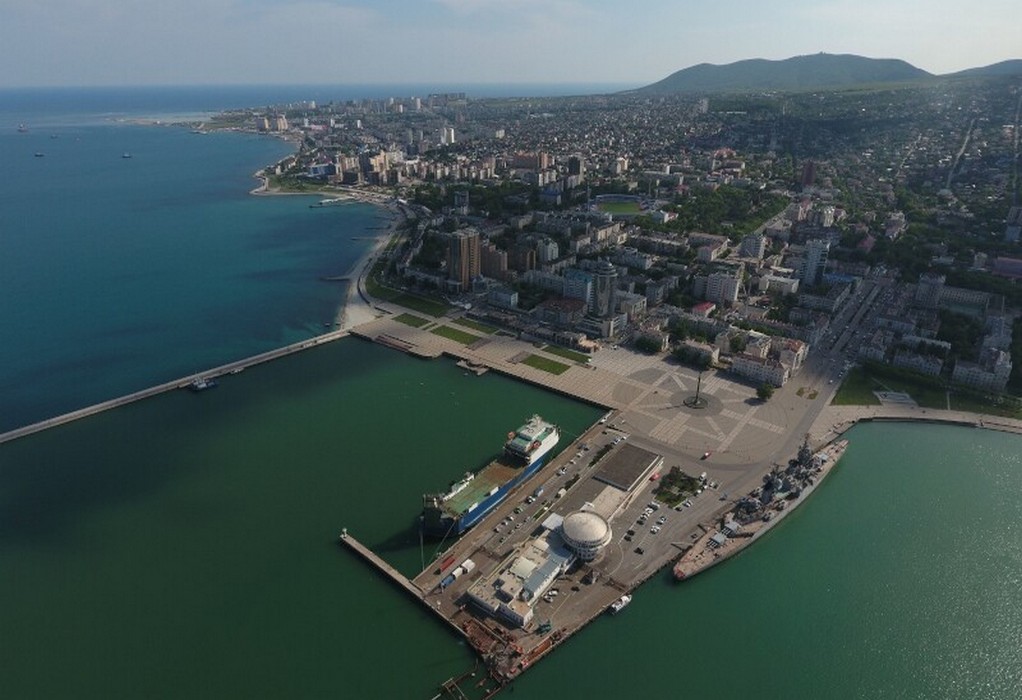The European Union proposed prohibiting access to its ports for vessels that attempt to circumvent sanctions on Russian oil as it seeks to deter transport of its crude and products below the price caps set by the Group of Seven nations.
The measure is part of a broader package of sanctions on Russia following the country’s invasion of Ukraine. With price caps on Russian crude and petroleum products already in place, the focus is now on closing loopholes and more effective enforcement of the restrictions.
The EU executive arm cited a “sharp increase in deceptive practices, and related environmental risks” by vessels trying to circumvent the G-7 price cap and a ban on imports of Russian oil to the bloc. Vessels that are suspected or found in breach of the sanctions by engaging in ship-to-ship transfers should be banned from European ports and locks, it said.
Ship-to-ship transfers have become pivotal in moving Moscow’s oil to the market after the European Union’s ban on seaborne Russian crude in early December. Focal points of Russian oil switching since December have been Ceuta, a Spanish enclave in north Africa, and off the Greek coast near Kalamata.
In early February, Spanish authorities sent a letter to local shipping services firms reminding them that facilitating the activity risks breaching sanctions. EU companies are barred from providing an array of services for crude oil transportation unless the cargo on board is purchased at or below the G-7 price cap of $60 a barrel.
Russia is using a huge fleet of older ships to get around the EU and G-7 restrictions. With many of those vessels pushing 20 years of service, previous owners would have expected to sell them for scrap. Instead, they passed them on to newly emerged companies that continue to use them.
As part of the planned sanctions package, the bloc’s 11th since February 2022, the EU also proposed targeting vessels that switch off navigation systems. The measures would need the backing of all EU member states to be adopted.
Tags: eu, Russian Oil, Sanctions, Vessels



Recent Posts
Chartered Speed expands its electric mobility footprint in Arunachal Pradesh
PSA International joins Global Centre For Maritime Decarbonisation as a strategic partner
MPA and NYK Group Advance Collaborative Efforts on Maritime Autonomous Surface Ship Trials
BIMCO drafts new clause to support biofuel use in time charters
Global Maritime experts attended India@Nor-Shipping – Maritime Partnership for a shared & sustainable future
India-Norway Dialogue Anchors on Sustainable Maritime Development
Sea cruise ships can now connect to shore power in Amsterdam
Corvus Energy partners with HD Hyundai Mipo for AiP on new green product tanker design.